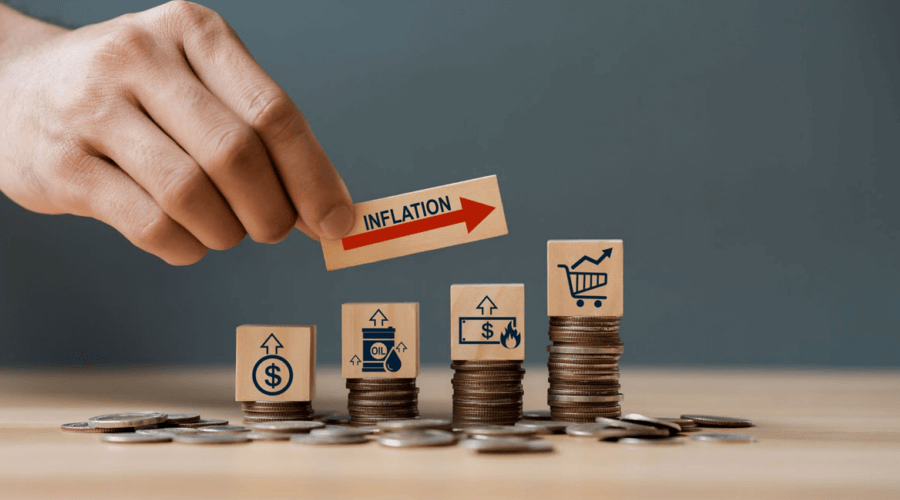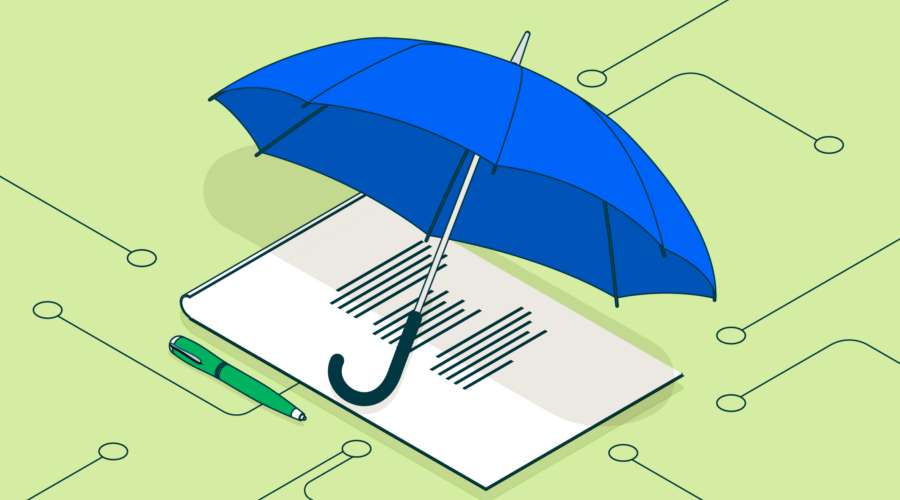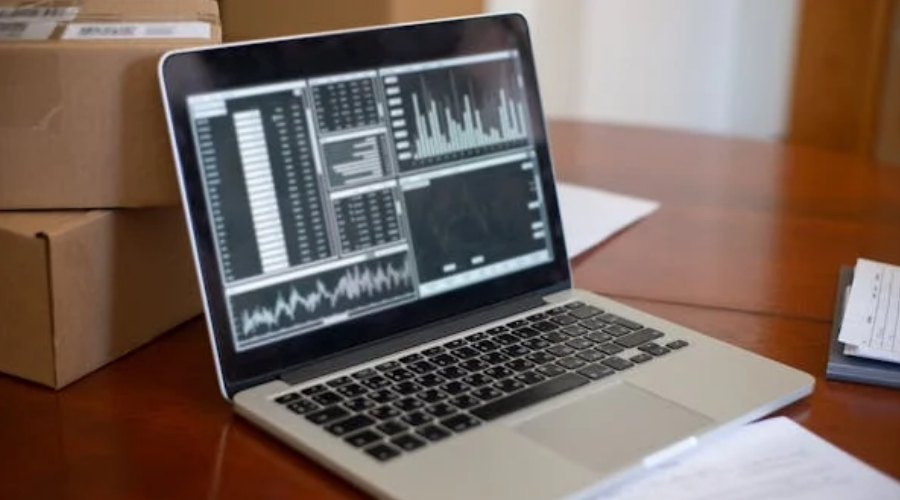Inflation is a silent wealth eroder that impacts everything from your grocery bills to your long-term savings. Understanding inflation’s effects and learning how to safeguard your finances is crucial for maintaining your purchasing power and achieving financial stability. Here’s what you need to know and how to protect yourself.
What Is Inflation?
Inflation refers to the rate at which the general level of prices for goods and services rises, decreasing the purchasing power of money.
- Causes of Inflation: Demand outpacing supply, increased production costs, and government monetary policies.
- Types of Inflation:
- Demand-Pull Inflation: When demand exceeds supply.
- Cost-Push Inflation: When production costs rise, causing prices to increase.
Example: A gallon of milk that cost $3 last year may now cost $3.50, reducing the value of your money.
How Inflation Affects Your Finances
1. Erosion of Savings
Cash kept in low-interest savings accounts loses value during inflation.
Example: A 2% inflation rate means $1,000 will only buy $980 worth of goods next year.
2. Increased Cost of Living
Expenses for essentials like housing, food, and transportation rise, straining your budget.
3. Investment Impacts
Inflation can erode investment returns, particularly in fixed-income assets like bonds. However, it may boost assets like real estate and commodities.
4. Rising Interest Rates
To curb inflation, central banks often raise interest rates, making loans and mortgages more expensive.
How to Protect Yourself from Inflation
1. Invest in Inflation-Resistant Assets
Certain investments perform well during inflationary periods:
- Real Estate: Property values tend to rise with inflation.
- Stocks: Companies can increase prices, passing costs to consumers.
- Commodities: Gold and oil typically retain or increase in value.
- Treasury Inflation-Protected Securities (TIPS): Bonds designed to outpace inflation.
2. Diversify Your Portfolio
Spread investments across asset classes to reduce risk.
- Balance stocks, bonds, and alternative assets.
- Consider international investments to hedge against local inflation.
3. Adjust Your Budget
Track expenses and prioritize essentials.
- Eliminate non-essential spending.
- Allocate more funds to categories affected by inflation, like food and utilities.
4. Increase Income Streams
Boost your earnings to stay ahead of inflation.
- Take on a side hustle.
- Invest in skills that enhance your earning potential.
5. Protect Your Savings
Switch from low-interest accounts to high-yield savings accounts or certificates of deposit (CDs).
Pro Tip: Consider investing in dividend-paying stocks or growth funds to offset inflation’s impact.
6. Use Debt Wisely
Inflation reduces the real value of fixed-rate debts, but variable-rate debts can become costly as interest rates rise.
Solution: Refinance variable-rate loans to fixed-rate alternatives.
7. Shop Smarter
Combat rising prices with strategic spending.
- Use cashback apps and coupons.
- Buy in bulk for long-lasting goods.
Why Planning for Inflation Is Crucial
Failing to prepare for inflation can erode your wealth, limit your purchasing power, and jeopardize long-term goals like retirement. By taking proactive steps now, you can minimize inflation’s impact and safeguard your financial future.





